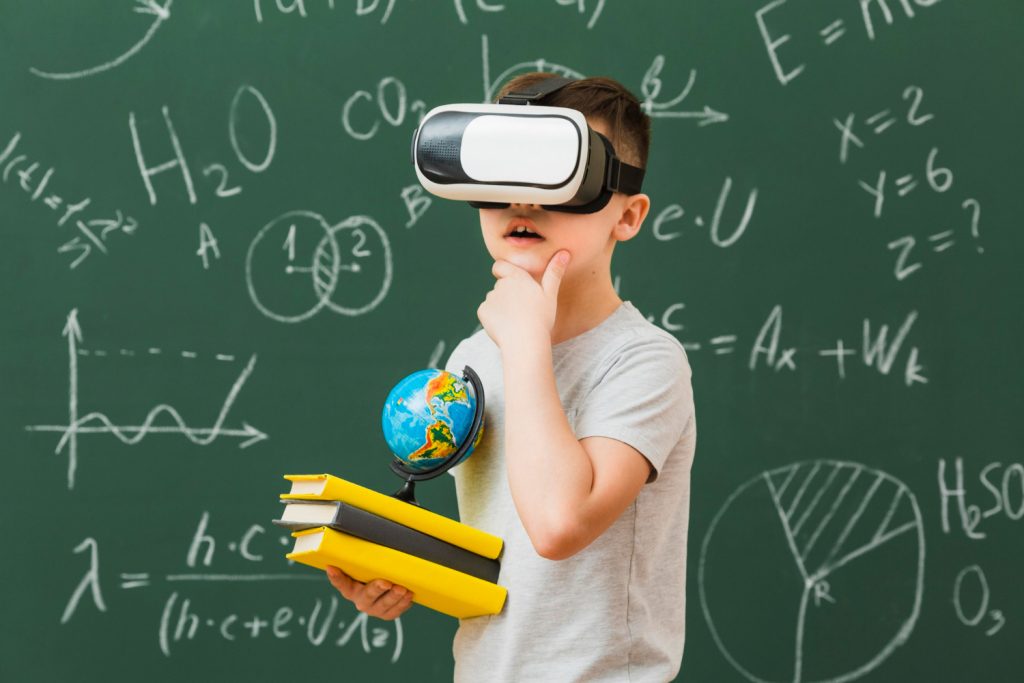In the digital age, Artificial Intelligence (AI) has emerged as a game-changer in various industries, and education is no exception. AI has revolutionized the way educators approach teaching and learning, particularly in enhancing student engagement. By leveraging AI-powered tools and platforms, educators can create a more interactive, personalized, and effective learning experience for students.
AI-Powered Adaptive Learning
One of the significant contributions of AI to student engagement is through adaptive learning platforms. These platforms use AI algorithms to analyze a student’s learning patterns, strengths, weaknesses, and pace of learning. With this analysis, the system tailors the learning material to suit the individual needs of each student, providing a personalized learning path.
Products like “DreamBox Learning” and “Squirrel AI” are prime examples of AI-driven adaptive learning platforms. They utilize AI to offer customized learning experiences, ensuring that students remain engaged and challenged at the right level.
Interactive Virtual Tutors
Imagine having a virtual tutor available 24/7 to assist with coursework and clarify concepts. AI has made this a reality through virtual tutors powered by natural language processing and machine learning. These virtual tutors can answer student questions, provide explanations, and offer immediate feedback on assignments.
“Brainly” and “Cognii” are notable AI-powered virtual tutor platforms that encourage students to engage with their studies actively. Students can ask questions and receive instant responses, promoting a deeper understanding of the subjects.
Gamification of Learning
Gamification involves integrating gaming elements into the learning process to make it more engaging and enjoyable for students. AI can enhance gamification by personalizing the gaming experience based on individual student progress and preferences.
Platforms like “Kahoot!” and “Quizizz” use AI to create interactive quizzes and games, transforming study sessions into fun, competitive activities. These AI-powered gamified platforms boost student engagement and participation, making learning more dynamic and memorable.
AI-Driven Content Creation
Creating educational content can be a time-consuming task for educators. AI, however, can automate content creation processes by generating quizzes, tests, and study materials tailored to the curriculum. This automation allows teachers to allocate more time to interact with students and address their unique needs.
AI-powered tools like “Quillionz” and “ScribeSense” assist in generating educational content efficiently. By automating content creation, educators can keep students engaged with relevant, up-to-date materials.
Conclusion
AI is reshaping the educational landscape by enhancing student engagement in innovative ways. From personalized learning paths to interactive virtual tutors and gamified platforms, AI offers a myriad of tools that captivate students’ attention and promote active participation. As AI continues to advance, we can anticipate even more remarkable contributions, ultimately revolutionizing how we approach education and engage students in the learning process.
Incorporating AI tools like adaptive learning platforms and virtual tutors can significantly enhance student engagement. These AI-driven products offer personalized learning experiences, interactive learning sessions, and efficient content creation. Embracing AI in education is not just about keeping up with technology; it’s about creating a brighter, more engaging future for students.

